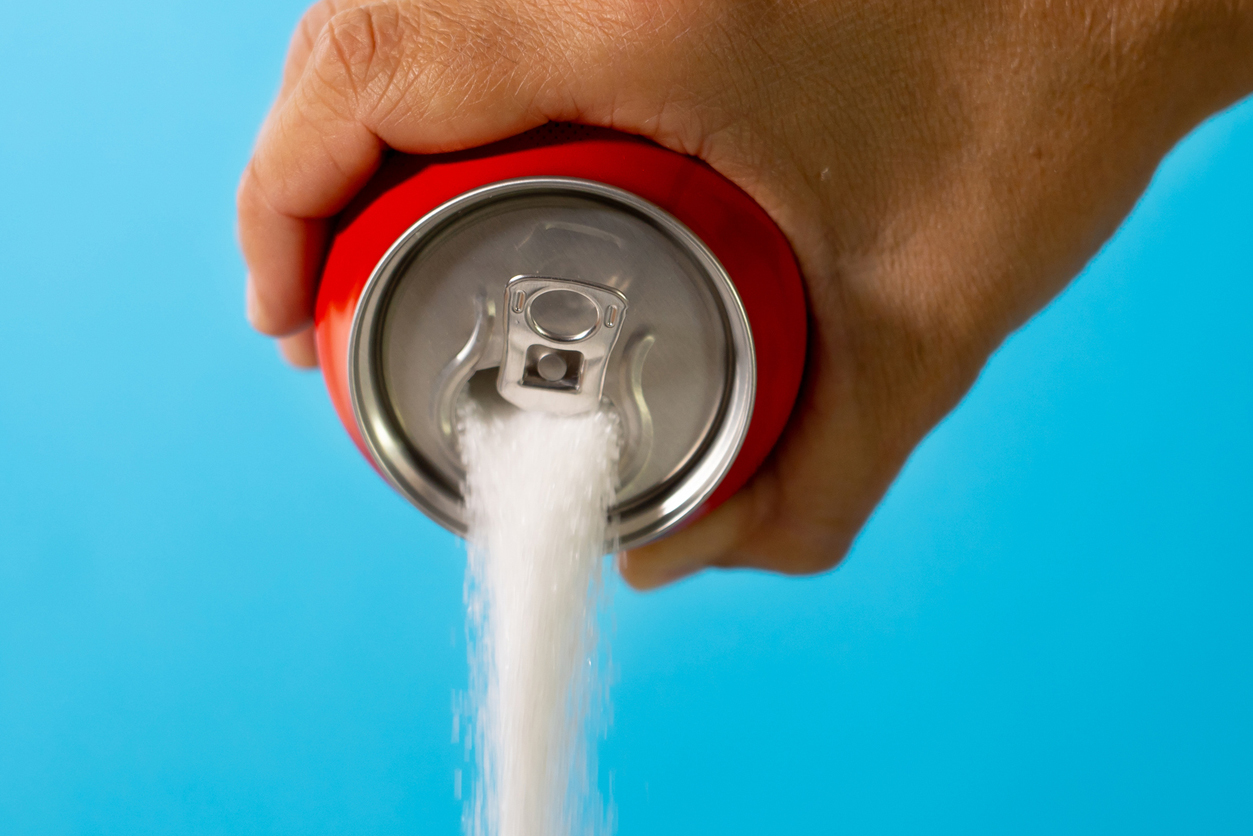We have all heard that sugar is not good for your smile. It is the perfect fuel for bacteria in our mouths, which produce acids as they metabolize the sugar, eroding tooth enamel and leading to cavities. However, sugar is lurking everywhere, even in places you don’t expect it, like our favorite beverages.
Don’t be a Sipper
Added sugars in drinks can be especially harmful to our smiles. Many of us sip slowly throughout the day on a beverage, like your afternoon ice latte, which you take the time to enjoy sip by sip. While tasty and savoring every last taste, this means that our teeth are being exposed to sugar for extended periods. The frequent intake of sugary drinks can result in a constant acid attack on the teeth, weakening the enamel over time and making teeth more susceptible to decay.
While sipping can be more enjoyable, remember that if you are drinking something with added sugars, it is best to consume your beverage quickly and then brush afterward. If brushing is not available, you can always opt for a piece of sugar-free gum or even a big glass of water to help wash the sugars away.
The Sugar Content in Popular Beverages
Many people are unaware of how much sugar they consume through their favorite beverages. Be sure to always carefully read the ingredient label of your drinks looking specifically for the number of grams of sugar. Ideally your beverage should have no more than 5 grams of sugar in it. Also, when you are scanning the nutrition label be sure to read how many servings are in the container. Many drinks contain 2.5 servings per bottle, meaning you need to do some quick math to determine how many grams of sugar you will be intaking if you consume the whole container.
Here’s a look at the sugar content in some common drinks:
- Soda: A 12-ounce can of Coca-Cola contains 39 grams of sugar, equivalent to about 10 teaspoons.
- Fruit Juices: A 12-ounce serving of apple juice can have as much as 33 grams of sugar, while orange juice typically contains around 21 grams.
- Sports Drinks: A 20-ounce bottle of Gatorade packs 34 grams of sugar.
- Energy Drinks: A 16-ounce can of Red Bull contains 52 grams of sugar. Learn more about how energy drinks may impact your smile here.
- Sweetened Coffee Drinks: A 16-ounce Starbucks Caramel Frappuccino has 50 grams of sugar.
Parents, you should not only watch your drink labels, but also our children’s. Many popular drinks designed for children are packed with sugar. While our children may like these sweet beverages, their baby teeth will be impacted negatively just like adult teeth.
Healthier Alternatives
To safeguard dental health while still enjoying refreshing beverages, consider these healthier alternatives:
- Water: The best choice for hydration, water helps rinse away food particles and bacteria, keeping the mouth clean.
- Sugar-Free Drink Mixes: There are many sugar-free drink mixes available that can easily be added to water. These are great alternatives to juice, especially for children. They are still sweet without all the added sugar and an added bonus, you are getting the health benefits of water too!
- Milk: Rich in calcium and other nutrients, milk is beneficial for teeth and bones.
- Unsweetened Tea: Offers antioxidants without the added sugar. Green and black teas can also have antibacterial properties.
- Diluted Fruit Juice: If fruit juice is preferred, dilute it with water to reduce the sugar content while still enjoying the flavor.
- Sparkling Water with a Splash of Citrus: For those who miss the fizz of soda, sparkling water with a slice of lemon or lime provides a refreshing, low-sugar alternative.
Learn more about dentist approved drinks here.
Choose Your Drinks Wisely
Choosing drinks wisely and maintaining good oral hygiene can significantly reduce the risk of tooth decay and other dental issues. Individuals can enjoy better oral health and overall well-being by opting for healthier alternatives and practicing regular dental care.
Regular dental check-ups, a balanced diet, and moderation in consuming sugary beverages are key strategies for protecting teeth from sugar’s harmful effects.

